QuestionHello, This weekend I am buying a Russian tortoise. I have found a lot of conflicting
info regarding lighting online, and I was just looking for a straight up answer - in
total, which lights/lamps does my Russian tort need? I live in Pennsylvania, so I have
an easst coast climate. I learned that a UVB light is needed, but other than that,
different sources have said different things about which additional lights are needed.
Also, what should I use to keep the tortoise warm at night? Many thanks
AnswerHello Brian, Congratulations on your new tortoise! A Russian is a delightful and hardy choice, you are truly acquiring a "friend for life".
You are not first or the last to be confused by the lighting/heating issue. I hope I am able to clarify it for you.
Reptiles rely on the sun for two critical factors, heat for thermoregulation (body temperature regulation) and exposure to ultralviolet B (UVB) radiation for the synthesis of vitamin D3.
Vitamin D3 facilitates the effective absorption of calcium from the diet. For reptiles that are kept indoors keepers need to artificially provide both these elements. In the "old days" of about
15 years ago this always required the use of two different bulbs. An incandescent bulb for heat(incandescent bulbs are incapable of producing UVB) and a specialized fluorescent bulb designed for the production of the UVB wavelengths for reptiles (Zoomed bulbs are recommended). Around 10 years ago, self balasted mercury vapour bulbs were developed for the reptile market that produce both heat and effective amounts of UVB from one bulb. Mercury vapour bulbs look like incandescents in that they screw into a fixture (and produce heat) but their principle is closer to that of a fluorescent bulb. People sometimes ask if regular mercury vapour lights from the hardware store (for regular lighting purposes) are the same and the answer is no. All mercury vapour lights produce UV but only the specialized reptile bulbs produce it in the correct wavelengths and emit it through a specialized quartz sleeve. Regular mercury vapour bulbs are designed to block the emission of UV.
The use of mercury vapour bulbs are better suited for larger enclosures, like the bin system often used for tortoises but the two bulb system is also a perfectly good option. Both systems have their pros and cons. The mercury vapour bulbs can be a bit fragile. They should ideally be set up in such a way that they do not have to be moved, such as hanging over one end of an open bin system rather then sitting on a enclosure lid. They also cannot be put on a dimmer or thermostat. They do produce a greater amount of UVB then most fluorescents which is effective from a greater distance (the package insert will advise you about basking distance for your bulb) and are effective for longer. Fluorescent bulbs should be replaced every 6 to 8 months and should be about 12 to 15 inches from the animal to be effective. If you opt for the two bulb system, the incandescent can be purchased at a hardware store or even a farm supply store. Those bulbs used for food warming or for keeping baby chicks warm are ideal but any incandescent that produces the right temp. ( 90 -95F basking spot for Russians) will do. Do not think that you have to buy it from a pet store, you will pay extra unneccessarily for that picture of a reptile on the box!
You mentioned that you are in PA so I assume that you are planning to keep your tortoise outside during part of the year which is great. While he is outside you need only concern yourself with making sure he has adequate temperatures, his UVB needs will be taken care of by the sun.
You asked about nighttime heating. A drop in nightime temperatures to the mid to high 60's F is natural for your species of tortoise but if you plan to keep him outside when it may go lower I would suggest a ceramic heater on a thermostat. I have included a link to the heated "deck box" system that I use for my redfoots tortoises when they are outside.
I hope that I have not confused your further! Feel free to follow-up with any other question. I have included a link to the excellent Russian tortoise.org site which should help you with all other aspects of their care. I have also included a link from Carolina Pet supply who carry a seed mix of high fibre grasses and plants specifically designed for Russians, excellent for planting in an outdoor enclosure.
http://www.russiantortoise.org/
http://www.russiantortoise.org/deck_box.htm
http://carolinapetsupply.com/catalog/index.php?main_page=product_info&products_i...
http://www.uvguide.co.uk/index.htm

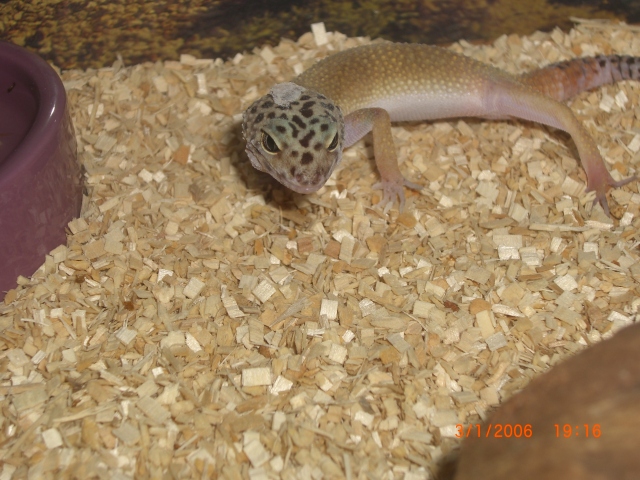 Sorry to keep bothering.
QuestionHer left leg
QUESTION: Tracie Kretzchmar
Sorry to keep bothering.
QuestionHer left leg
QUESTION: Tracie Kretzchmar
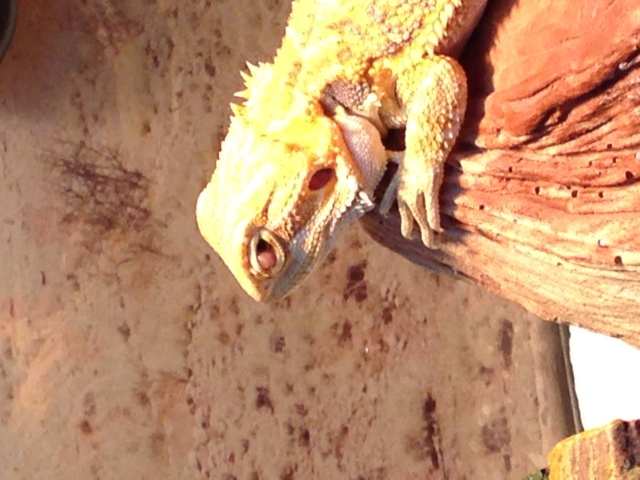 Bearded dragon eye problem
QuestionEye
QUESTION: Hi Mick,
I was researchin
Bearded dragon eye problem
QuestionEye
QUESTION: Hi Mick,
I was researchin
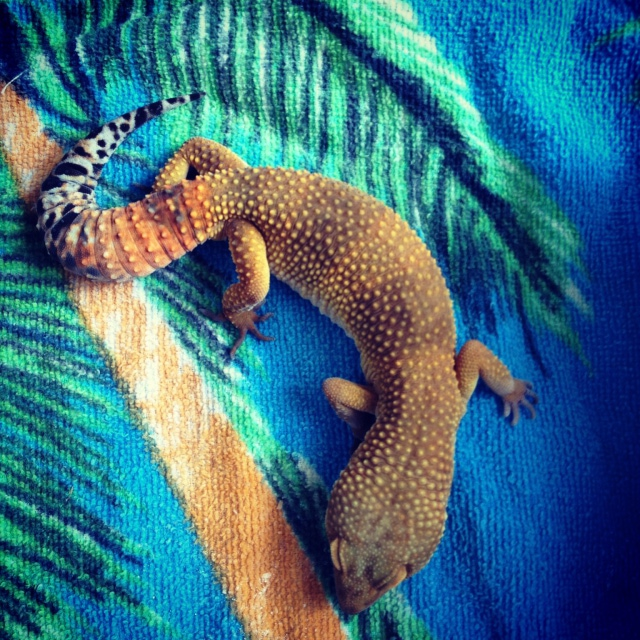 New gecko morph?
Question
Morph? Morph?
I picked up my thir
New gecko morph?
Question
Morph? Morph?
I picked up my thir
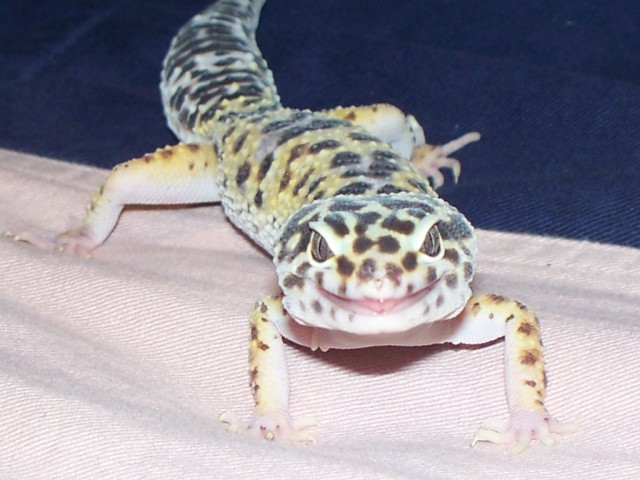 leo with tokay
Question
Zaku
I was wondering if a Tokay gecko is able
leo with tokay
Question
Zaku
I was wondering if a Tokay gecko is able
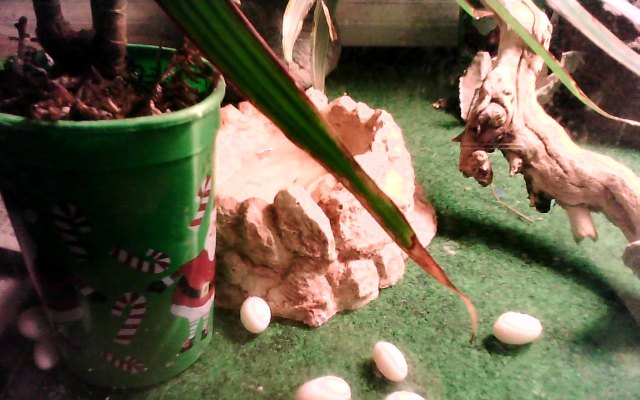 MHD eggs
Question
My MHDs eggs
Hi! My MHD layed eggs not
MHD eggs
Question
My MHDs eggs
Hi! My MHD layed eggs not